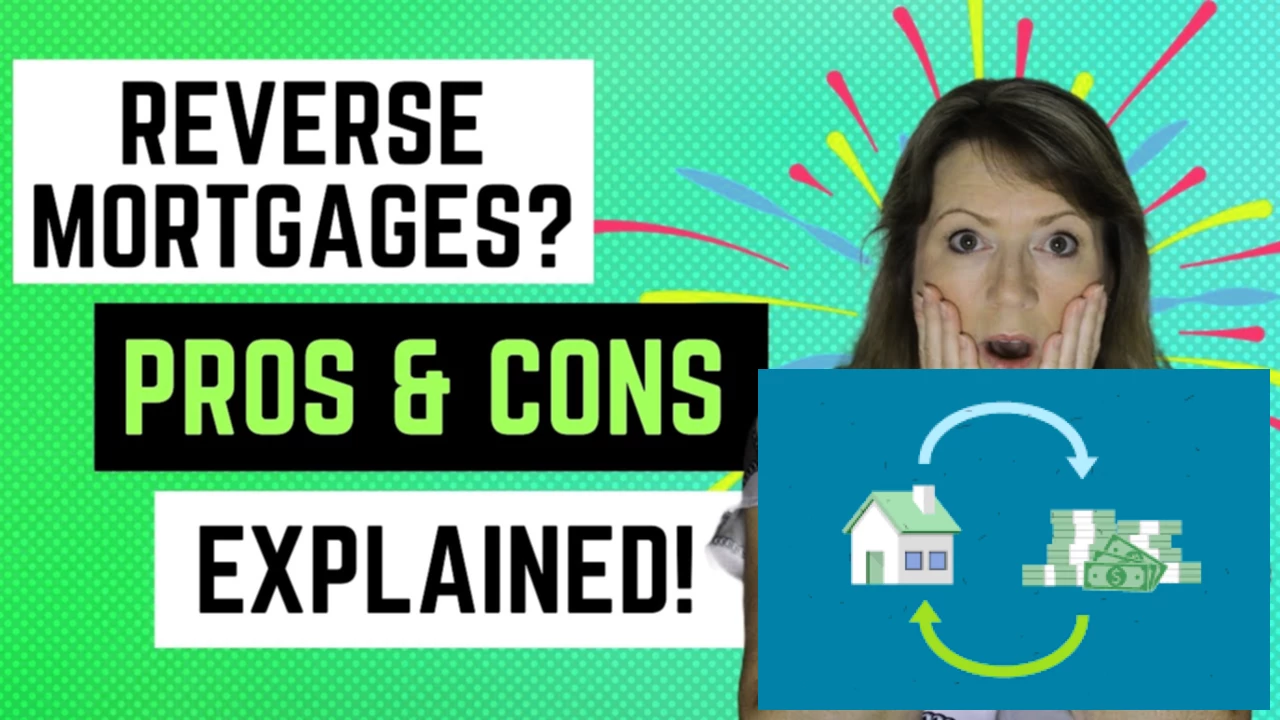Did you know that over 65% of Americans aged 65 and older own their homes outright? Many are struggling with fixed incomes and rising healthcare costs. A reverse mortgage could be a solution, but is it the right one for you?
So, what exactly *is* a reverse mortgage? It's a loan that lets homeowners age 62 and older borrow against the equity in their home. Unlike a traditional mortgage, you don't make monthly payments on the loan principal. Instead, the loan is repaid when you sell your home, move permanently, or pass away.
Let's delve into the key aspects of reverse mortgages. The following points provide a concise overview of the advantages and disadvantages to help you make an informed decision:
- Pros: Supplemental income, maintain homeownership, tax-free access to equity, flexible repayment options.
- Cons: Increasing loan balance, potential for property loss, fees and closing costs, impact on inheritance.
Understanding Reverse Mortgage Pros
One of the primary advantages is the ability to access your home equity without selling it. This provides a vital financial safety net, especially for seniors facing unexpected medical expenses or retirement income shortfalls. Isn't financial security a key priority as we age?
Exploring Reverse Mortgage Cons
| Con | Explanation |
|---|---|
| Growing Loan Balance | Interest accrues over time, increasing the total amount owed. |
| Potential Property Loss | If the loan balance exceeds the home's value upon sale, heirs may not receive any inheritance. |
| High Fees and Costs | Origination fees, closing costs, and insurance can significantly impact the net proceeds. |
It's crucial to understand that a reverse mortgage isn't a quick fix for all financial issues. Weighing the pros and cons carefully is essential. Many factors influence the suitability of a reverse mortgage, making individual consultations invaluable.
Alternative Senior Loan Options
While a reverse mortgage might seem appealing, it's vital to explore other possibilities. Home equity loans and lines of credit (HELOCs) offer alternative ways to access home equity, but they require monthly payments. This is a crucial distinction. What financial flexibility do *you* need?
Considering these alternatives alongside reverse mortgages will give you a broader perspective. Many financial advisors can explain these options and help you make a well-informed choice that aligns with your financial goals.
"A reverse mortgage is a complex financial tool. Seek professional advice before making any decisions." - National Council on Aging
Reverse Mortgage Eligibility Requirements
Eligibility for a reverse mortgage hinges on several factors. Generally, you must be at least 62 years old, own your home outright or have a low mortgage balance, and live in the home as your primary residence. Specific requirements can vary by lender.
FAQ
- Q: Can I lose my home with a reverse mortgage? A: You can only lose your home if the loan balance exceeds the home's value.
- Q: Are there any tax implications? A: The loan proceeds are generally tax-free.
- Q: What happens to the loan when I die? A: The loan is repaid when the home is sold.
- Q: Can I get a reverse mortgage if I still owe on my mortgage? A: You may be able to, but it depends on the amount of mortgage you still owe.
- Q: Are there different types of reverse mortgages? A: Yes, there are several types available with varying features and terms.

